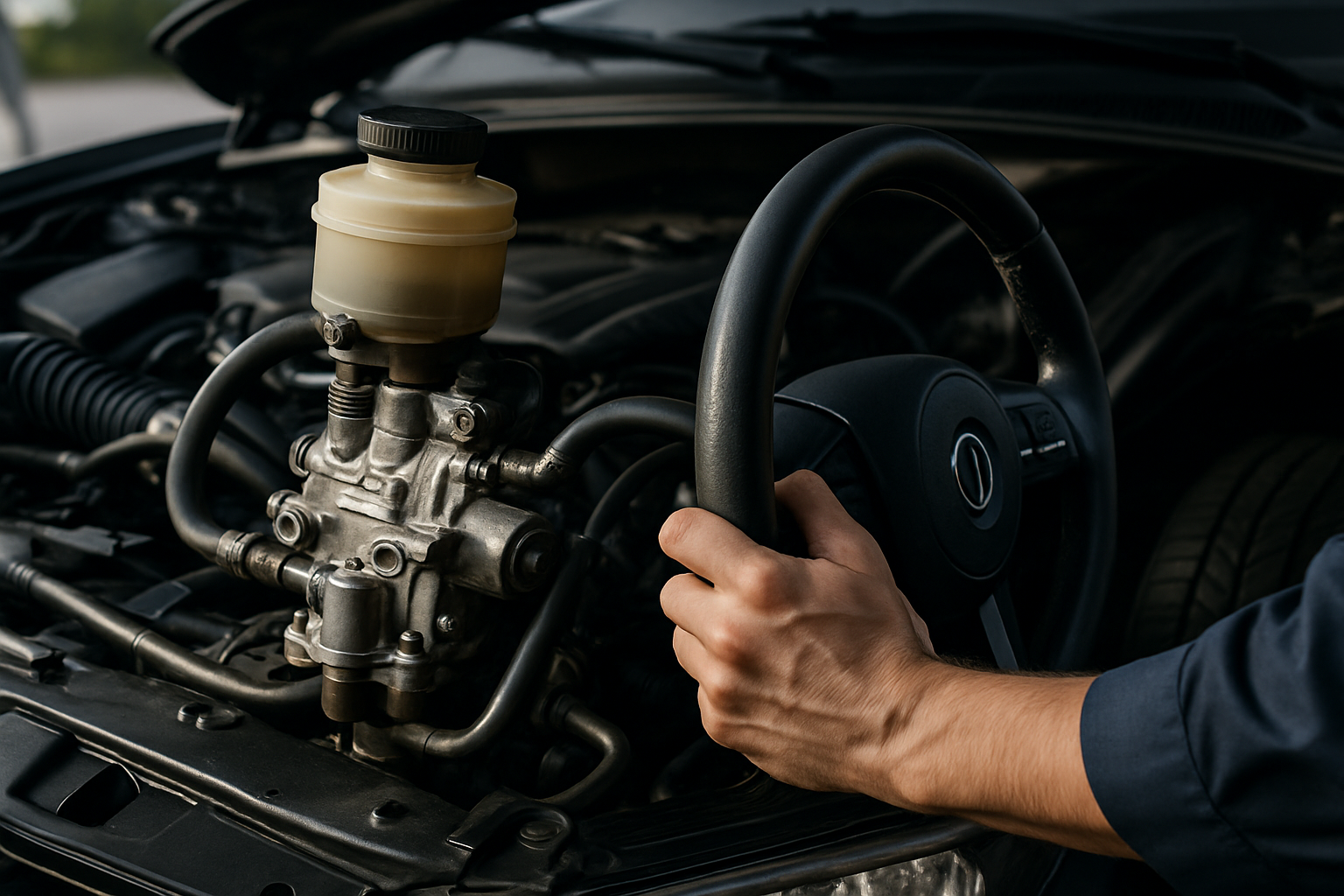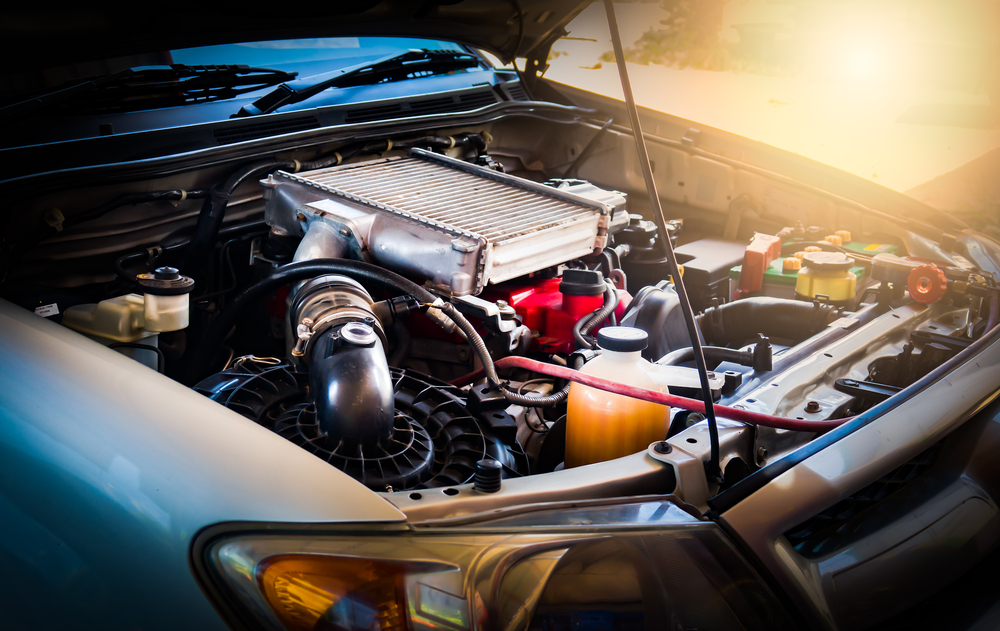How to Select the Best Low Mileage Used Engines Options
When faced with engine failure, purchasing a low mileage used engine can be a cost-effective alternative to buying a new vehicle or investing in a brand new engine. Understanding how to select the right used engine requires careful consideration of multiple factors, from mileage and condition to warranty coverage and supplier reputation.

What Defines a Low Mileage Used Engine?
Industry standards typically classify engines with fewer than 100,000 miles as low mileage, though this threshold varies depending on the vehicle’s age and type. For luxury vehicles or performance cars, engines under 75,000 miles are often considered low mileage, while commercial vehicles may extend this range to 150,000 miles due to their robust construction. The mileage alone doesn’t tell the complete story, however. Engines with consistent highway miles often perform better than those with stop-and-go city driving, regardless of total distance. Additionally, proper maintenance history carries equal weight to mileage numbers when evaluating engine condition.
What Key Factors Should You Consider When Buying?
Several critical factors beyond mileage determine a used engine’s value and reliability. Age plays a crucial role, as rubber seals and gaskets deteriorate over time regardless of usage. Vehicle history records reveal important details about accidents, flood damage, or previous repairs that could affect engine integrity. Compatibility verification ensures the engine matches your vehicle’s specifications, including transmission type, emissions requirements, and electronic systems. Warranty coverage provides essential protection, with reputable sellers offering 30-day to one-year guarantees. Documentation such as maintenance records, oil change receipts, and previous inspection reports offer valuable insights into the engine’s care and condition.
How Can You Verify Engine Quality and Condition?
Physical inspection remains the most reliable method for assessing engine condition. Visual examination should reveal clean oil, absence of rust or corrosion, and intact wiring harnesses. Compression testing measures cylinder pressure uniformity, indicating internal wear levels. Oil analysis can detect metal particles suggesting bearing wear or other internal damage. Digital records from the donor vehicle’s computer system provide data about operating temperatures, maintenance intervals, and any stored error codes. Professional inspection services offer comprehensive evaluation using specialized equipment to detect issues invisible to untrained eyes.
Where Are the Best Places to Source Used Engines?
Authorized salvage yards maintain organized inventories with detailed records and often provide warranties on their products. These facilities typically test engines before sale and can verify compatibility with your specific vehicle. Online marketplaces connect buyers with nationwide suppliers, expanding selection options but requiring careful vetting of sellers. Automotive recyclers specialize in dismantling vehicles systematically, preserving engine integrity during removal. Local machine shops sometimes refurbish used engines, combining affordability with professional reconditioning. Engine brokers act as intermediaries, sourcing specific engines from their network of suppliers while providing quality assurance services.
What Are Common Pitfalls to Avoid?
Several mistakes can turn an engine purchase into a costly problem. Failing to verify compatibility leads to installation issues and additional expenses for modifications or returns. Purchasing without warranty protection leaves buyers vulnerable to costly repairs shortly after installation. Ignoring maintenance history increases the risk of acquiring engines with hidden problems or deferred maintenance issues. Choosing price over quality often results in purchasing high-mileage engines misrepresented as low-mileage units. Inadequate inspection allows sellers to conceal damage or wear that becomes apparent only after installation. Rushed decisions without proper research frequently lead to compatibility problems or purchasing from unreliable sources.
| Provider Type | Services Offered | Key Features |
|---|---|---|
| Authorized Salvage Yards | Tested engines with warranties | Professional inspection, compatibility verification |
| Online Marketplaces | Nationwide inventory access | Extensive selection, competitive pricing |
| Automotive Recyclers | Systematically dismantled engines | Proper removal procedures, detailed records |
| Machine Shops | Refurbished engine sales | Professional reconditioning, quality assurance |
| Engine Brokers | Sourcing and quality verification | Network access, intermediary protection |
Selecting a low mileage used engine requires balancing multiple factors including mileage, age, maintenance history, and source reliability. Thorough verification of engine condition through inspection and testing provides confidence in your purchase decision. Choosing reputable suppliers with warranty coverage protects your investment and ensures access to support if issues arise. By avoiding common pitfalls and focusing on quality indicators beyond just mileage numbers, you can successfully acquire a reliable used engine that provides years of dependable service. Remember that the lowest price rarely represents the best value when purchasing such a critical component for your vehicle.




